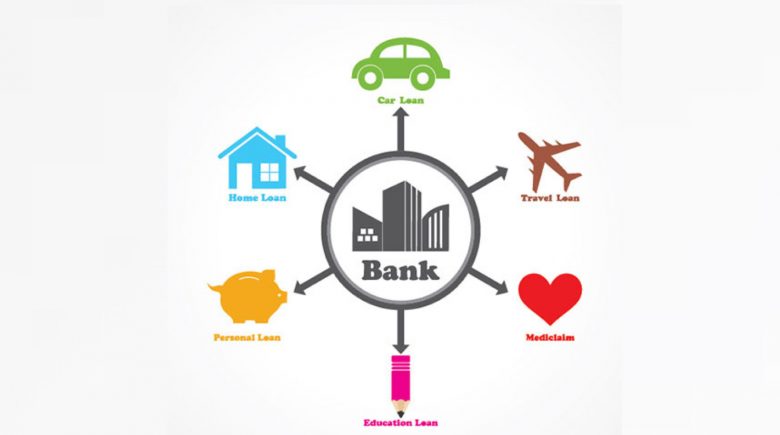Personal loans are a great way to fund an objective or goal when you are short in cash. Whether it’s an expected home repair or many electronics you’ve been eying for a while, a loan can get the job done while giving you enough time to make your repayments in small instalments.
So, What’s The Best Loan To Take?
Sadly, there is no one-size-fits-all loan. As the finances professionals from https://www.bugiscredit.sg/ report, the appropriate loan will always depend on your specific needs, financial situation, and other factors. That’s why the best lenders on the market always go the extra mile to provide multiple loan packages tailored to different customer needs. Here are some of the loans that you may want to consider:
Types Of Loans
Secured Loans
Lenders require borrowers to provide collateral like a vehicle or property when taking secured loans. The asset guarantees your loan, meaning the lender can sell your property to recover the money in case you fail to pay back the loan.
Secured loans are one of the best options for borrowers. Why is that? These loans typically come with less risk to the lender since they have collateral. This allows them to provide better terms like low-interest rates.
Moreover, lenders may relax their credit score requirements meaning even individuals with average to bad credit can get a decent secured loan with ease:
Pros
- Friendly interest rates
- Relatively easy to qualify for
Cons
- The lender will auction your asset if you daily to repay the loan
Unsecured Loans
An unsecured loan is an option if you do not have an asset to guarantee the loan. On the flip side, you must convince the lender that you are capable of repaying the loan. For starters, they’ll have to do a credit score check. As you can imagine, the higher your score, the higher the chances of qualifying for the loan.
In addition to the credit record, lenders will also ask for proof of income. These requirements make it harder to qualify for an unsecured loan. However, you can increase your eligibility with the help of a good guarantor.
That said, unsecured loans are not particularly ideal. Their risky nature makes lenders charge hefty rates. Furthermore, failure to make your payments in time can increase the overall cost of the loan and hurt your credit score:
Pros
- You don’t need an asset to qualify for the loan
Cons
- Interest rates are typically high
- It can hurt your credit score if you don’t make the payments on time
Cosigned Loans
A cosigned loan is ideal for borrowers with no or bad credit history. The lender will ask you to have a co-signer who guarantees the loan. If you default on the payments, the guarantor will be forced to pay the loan on your behalf. Having a good or many co-signers reduces the risk of the loan for the lender and improves the terms of the loan.
However, finding someone to cosign a loan is nowhere as easy as it sounds. That’s because any late payments you make can affect the guarantor’s credit report. This is a risk many people are not willing to take:
Pros
- A good option if you have a bad or no credit history
Cons
- Finding a cosigner with a strong credit rating is not easy
- Defaulting on the loan can affect your relationship with the co-signer
Personal Line Of Credit
A personal line of credit functions like credit cards. Lenders will extend credit up to a certain amount which you can borrow as needed. Interests are then charged on the amount borrowed and not the entire line of credit. This can be a good option in case of emergencies or when you want to cover ongoing expenses:
Pros
- Interests are charged on outstanding balance only
Cons
- Interest rates can be very high compared to secured loans and other options
- You need a good credit report to qualify
Debt Consolidation Loans
As the name suggests, debt consolidation brings all your debts under one lender. This allows you to make only one predictable monthly payment.
Debt consolidation loans help you avoid penalties and multiple interest rates, which can be costly when your debts are spread across several lenders:
Pros
- It makes it easier to manage your debt
- It can help you clear your debts faster
Cons
- You need good credit to qualify for a consolidation loan with friendly rates and terms.
Having read all that, which of the loans do you think is the best option for you? Whatever the answer is, make sure you get the best terms possible—shop between different lenders for friendly interest rates and flexible repayment.
